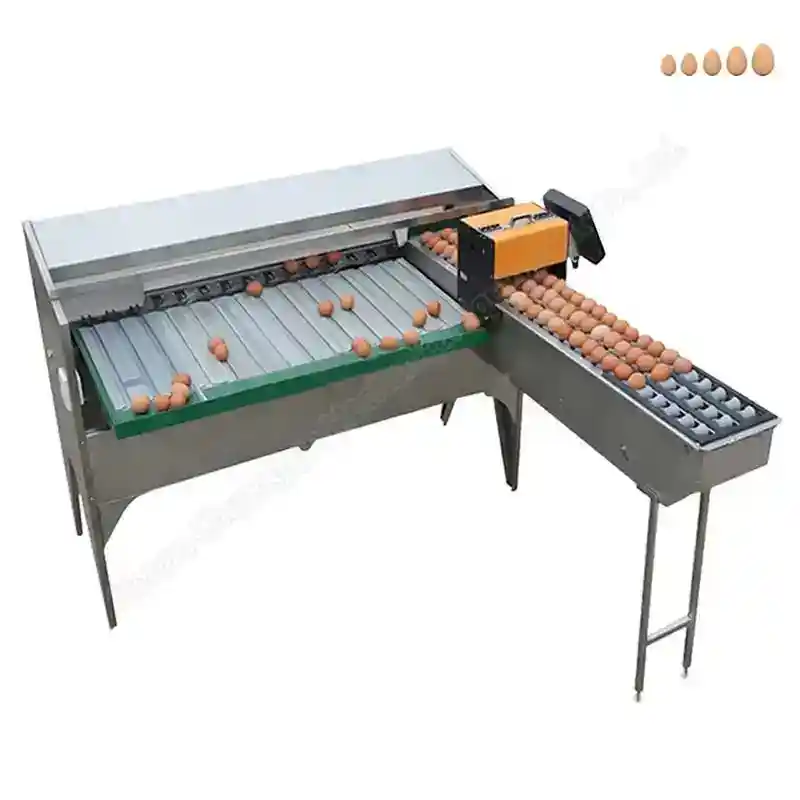hammer mill feed grinder
Dec . 10, 2024 17:31 Back to list
hammer mill feed grinder
Hammer Mill Feed Grinder A Comprehensive Overview
Hammer mills are essential tools in the agricultural industry, particularly for livestock feed production. They serve a critical function in the preparation of feed by grinding grains, legumes, and other materials into a finely milled powder. This process transforms raw ingredients into a high-quality feed supplement that ensures optimal nutrition for farm animals. Let’s explore the intricacies of hammer mill feed grinders, their operation, benefits, and applications.
What is a Hammer Mill?
A hammer mill is a type of crusher that utilizes rotating hammers to shred material into smaller particles. The design is simple yet effective, consisting of a rotating drum fitted with rectangular blades or hammers. As the feed ingredients enter the mill, they are struck repeatedly by the rotating hammers, which not only cut but also crush the materials, breaking them down into a fine powder.
How Does a Hammer Mill Work?
The operation of a hammer mill is relatively straightforward. First, raw ingredients are fed into the grinding chamber, where they encounter the rotating hammers. The size of the output product can be adjusted by varying the size of the sieve or screen. As the particles are hammer-milled, they pass through the screen and are collected in a container or bag outside the mill.
The efficiency of the hammer mill is significantly influenced by the speed of operation, the design of the hammers, and the size of the feed particles being introduced. Most hammer mills feature adjustable speeds, allowing operators to optimize performance based on the nature and moisture content of the feed material.
Applications of Hammer Mill Feed Grinders
The versatility of hammer mills makes them suitable for various applications in agriculture. Primarily, they are used to process grains such as corn, wheat, and barley, providing animal feed that meets the dietary needs of livestock. In addition to grains, hammer mills can also process other materials such as
- Silage Chopping silage into smaller pieces for easy mixing and feeding. - Forage Grinding hay and other forage crops to create a balanced diet for ruminants. - Supplement Mixes Incorporating vitamins, minerals, and other supplements into existing feed formulations.
Due to their ability to handle a wide range of materials, hammer mills are integral to the production of both traditional and organic feeds, catering to livestock including cattle, poultry, and swine.
hammer mill feed grinder

Benefits of Using a Hammer Mill
1. Efficiency Hammer mills are known for their fast processing speeds, allowing large volumes of feed to be ground quickly. This efficiency not only saves time but also reduces labor costs.
2. Uniform Particle Size Achieving a consistent particle size is crucial for balancing the nutritional content in animal feed. Hammer mills can be adjusted to produce various grind sizes, which aids in mixing feed and improving digestibility.
3. Nutrient Preservation Proper grinding reduces the risk of spoilage and nutrient loss. Hammer mills help ensure that the feed retains its essential vitamins and minerals, contributing to the overall health of the livestock.
4. Cost-Effectiveness By processing bulk raw ingredients, farmers can save significantly on feed costs. The ability to create custom feed mixes enables livestock owners to tailor their rations based on specific dietary requirements.
5. Flexibility Hammer mills can process a variety of materials, making them an invaluable asset for farmers who may switch feed sources based on seasonal availability or market changes.
Considerations When Choosing a Hammer Mill
While hammer mills provide numerous advantages, it's essential to consider several factors before purchasing one. These include the mill’s capacity, the specific feed ingredients being processed, maintenance requirements, and safety features. Moreover, investing in a reputable manufacturer will ensure quality and reliability, which are vital for long-term operations.
Conclusion
In conclusion, the hammer mill feed grinder plays a pivotal role in modern agriculture, enabling farmers to produce high-quality, customized livestock feed efficiently. With advancements in technology, these machines continue to evolve, providing even greater benefits and applications in the agricultural sector. Whether facilitating the grinding of grains or integrating supplements, hammer mills are indispensable tools in the quest for optimal animal nutrition.
-
Hot Sale 24 & 18 Door Rabbit Cages - Premium Breeding Solutions
NewsJul.25,2025
-
Automatic Feeding Line System Pan Feeder Nipple Drinker - Anping County Yize Metal Products Co., Ltd.
NewsJul.21,2025
-
Automatic Feeding Line System Pan Feeder Nipple Drinker - Anping County Yize Metal Products Co., Ltd.
NewsJul.21,2025
-
Automatic Feeding Line System - Anping Yize | Precision & Nipple
NewsJul.21,2025
-
Automatic Feeding Line System - Anping Yize | Precision & Nipple
NewsJul.21,2025
-
Automatic Feeding Line System-Anping County Yize Metal Products Co., Ltd.|Efficient Feed Distribution&Customized Animal Farming Solutions
NewsJul.21,2025






